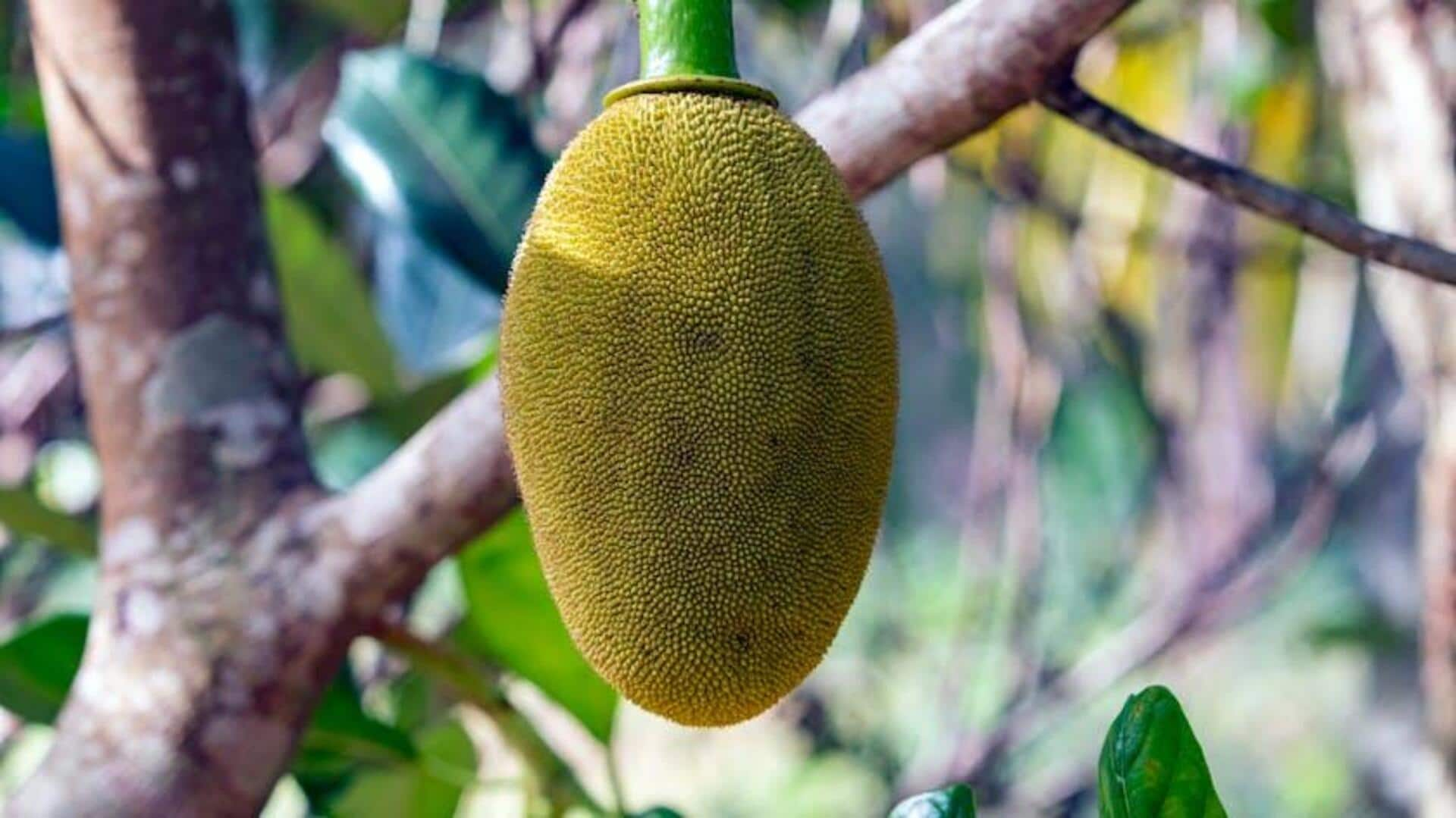
Jackfruit v/s jujube: Which is healthier?
What's the story
Jackfruit and jujube are two fruits that are commonly consumed in different parts of the world. While both are packed with nutrients, they offer different health benefits. Knowing their nutritional profiles can help you make better dietary choices. Here, we take a look at the nutritional content of jackfruit and jujube, and how they can benefit your health.
#1
Vitamin content in jackfruit
Jackfruit is loaded with vitamin C, which is important for boosting the immune system and skin health. A serving of jackfruit can give you about 23% of the recommended daily intake of vitamin C. It also has other vitamins like vitamin A and several B vitamins that help in energy production and brain function. Its vitamin profile makes it an excellent addition to a balanced diet.
#2
Jujube's mineral richness
Jujubes are well-known for their mineral content, especially potassium and magnesium. Potassium is important for heart health and blood pressure regulation, while magnesium helps in muscle function and bone health. A serving of jujubes can provide a good amount of these minerals, making them a great choice for anyone looking to boost their mineral intake naturally.
#3
Fiber content comparison
Both jackfruit and jujube are high in dietary fiber, which is important for digestive health. Jackfruit has about 2.6 grams of fiber per 100 grams, while jujubes have around 3 grams per 100 grams. Fiber helps in regular bowel movements and keeps cholesterol levels in check. Adding either fruit to your diet can help you meet your daily fiber needs.
Tip 1
Caloric value considerations
When it comes to caloric value, jackfruit is more calorific than jujube. Jackfruit has about 95 calories per 100 grams, while jujube has only about 79 calories for the same serving size. For those keeping an eye on their calorie intake but still want to enjoy sweet treats, jujubes may be the better option without giving up on taste or nutrition.